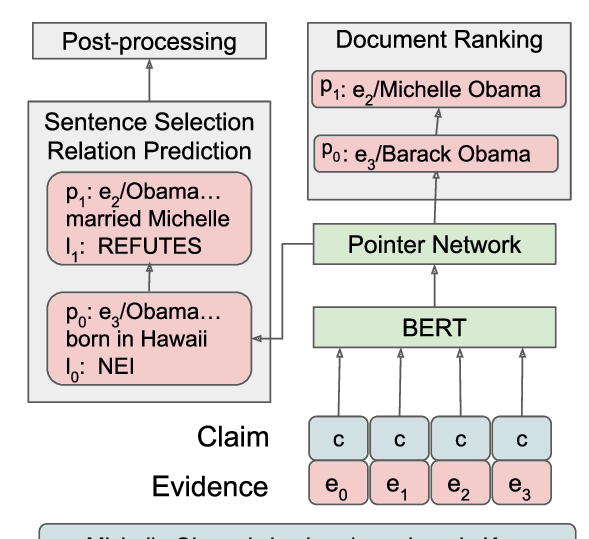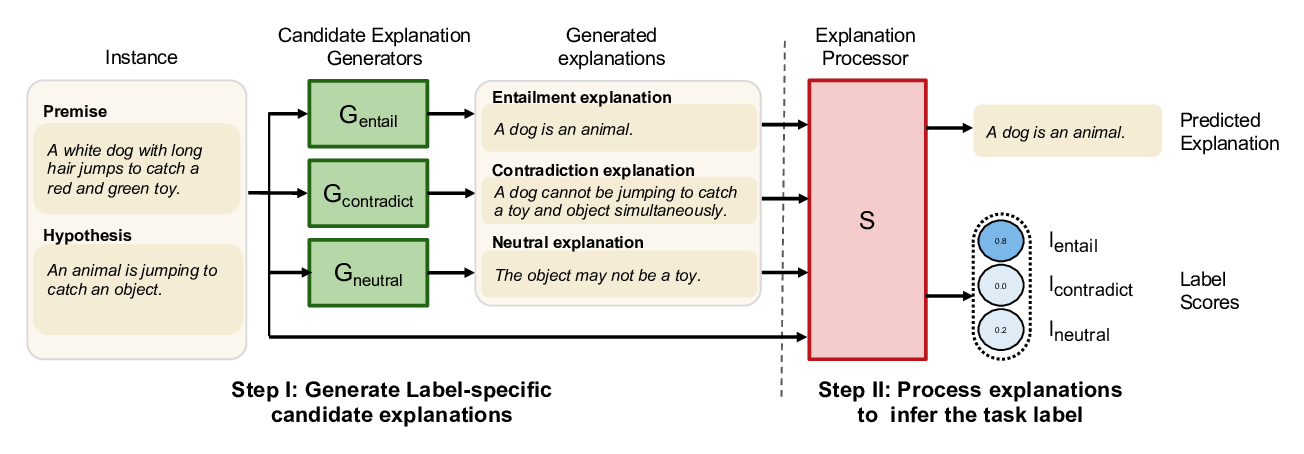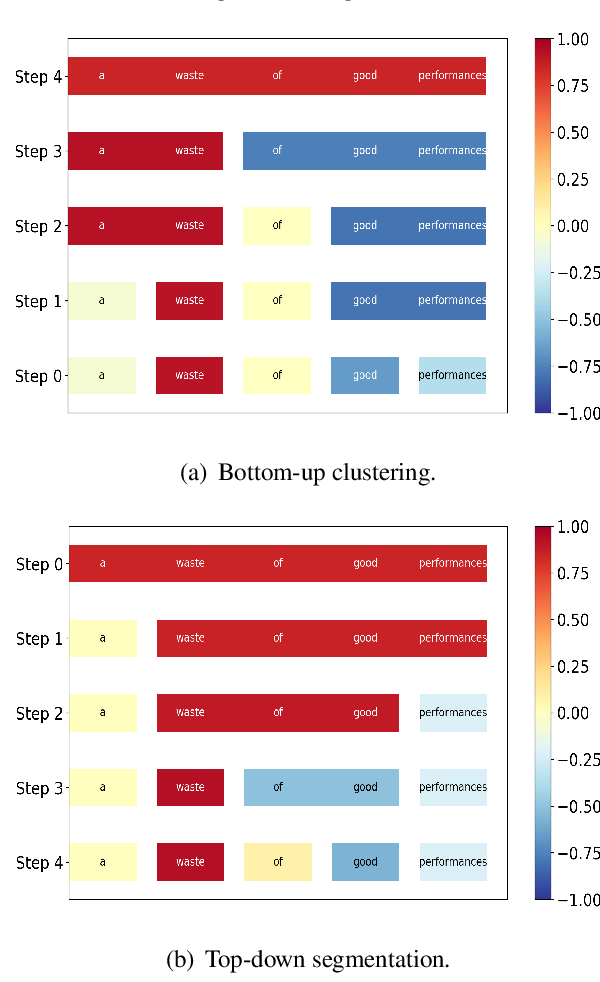Generating Fact Checking Explanations
Pepa Atanasova, Jakob Grue Simonsen, Christina Lioma, Isabelle Augenstein
Semantics: Textual Inference and Other Areas of Semantics Long Paper
Session 12B: Jul 8
(09:00-10:00 GMT)

Session 14B: Jul 8
(18:00-19:00 GMT)

Abstract:
Most existing work on automated fact checking is concerned with predicting the veracity of claims based on metadata, social network spread, language used in claims, and, more recently, evidence supporting or denying claims. A crucial piece of the puzzle that is still missing is to understand how to automate the most elaborate part of the process -- generating justifications for verdicts on claims. This paper provides the first study of how these explanations can be generated automatically based on available claim context, and how this task can be modelled jointly with veracity prediction. Our results indicate that optimising both objectives at the same time, rather than training them separately, improves the performance of a fact checking system. The results of a manual evaluation further suggest that the informativeness, coverage and overall quality of the generated explanations are also improved in the multi-task model.
You can open the
pre-recorded video
in a separate window.
NOTE: The SlidesLive video may display a random order of the authors.
The correct author list is shown at the top of this webpage.
Similar Papers
DeSePtion: Dual Sequence Prediction and Adversarial Examples for Improved Fact-Checking
Christopher Hidey, Tuhin Chakrabarty, Tariq Alhindi, Siddharth Varia, Kriste Krstovski, Mona Diab, Smaranda Muresan,

DTCA: Decision Tree-based Co-Attention Networks for Explainable Claim Verification
Lianwei Wu, Yuan Rao, Yongqiang Zhao, Hao Liang, Ambreen Nazir,

NILE : Natural Language Inference with Faithful Natural Language Explanations
Sawan Kumar, Partha Talukdar,

Generating Hierarchical Explanations on Text Classification via Feature Interaction Detection
Hanjie Chen, Guangtao Zheng, Yangfeng Ji,
